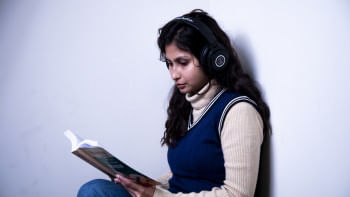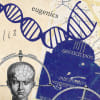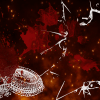Rethinking how we teach and study History

When many of us studied History in school or maybe in one of those GED electives at university, it probably felt more like a memory test than a subject that involves real people and their stories. History, as a subject in school and university, faces a perception problem among students who tend to view the subject as disconnected from their lives and interests.
History curricula in our country consist of assessment models that prioritise fact retention over analytical skills. Consequently, when history becomes reduced to a series of events to be memorised for exams, students naturally question its relevance and value. However, beyond the shortcomings of our curricula, why is it important that we adopt a more critical approach to how we study history?
History isn't only about what happened; it is also about why it happened, who is able to tell the story, and how those narratives shape the world we live in today. Rather than merely absorbing narratives, when we start thinking through the lens of history, we develop the capacity to question sources, contextualise events, and understand the interplay of factors that shape historical developments.
A study published in the History Education Research Journal shows that when students are taught explicit historical thinking skills, they show significant improvements in both analytical abilities and content knowledge. Beyond the classroom, these skills – which are transferable – are extremely important for proper civic engagement and democratic participation. Essentially, these skills are the key to better navigating contemporary social and political discourse.
Diverse perspectives, especially those that challenge the prevailing narrative, give history relevance and depth. This, in turn, helps us better contextualise the challenges our society currently faces. For instance, a study published by The University of Waikato reveals that traditional curricula have often marginalised the contributions of non-Western societies and figures, contributing to a skewed understanding of historical development. The study also found that the thinking of research participants as beginning history teachers included "questioning of a strong masculine focus in historical contexts and a recurrent theme of history as violent". This not only implies that traditional historical narratives often overemphasise certain types of historical experiences, but they do so at the expense of other narratives.
All that being said, without meaningful change in how history is taught, changing how we study history may not yield the best results. Bobby Hajjaj, a senior lecturer at the Department of History and Philosophy at North South University, believes that history teaching shouldn't be made dull. "When we teach history in schools, colleges, or universities, we often leave out the most interesting parts. But think about how many successful TV series are inspired by history. It proves that history is inherently interesting. The problem lies in how we present it. History helps us understand human nature, group dynamics, and our own origins. But if students are taught only dry facts without the full context or narrative, they won't develop a real interest, and more importantly, they'll miss the core reason for studying history in the first place. We need to represent history accurately and meaningfully," he said.
The consequences of neglecting historical thinking go far beyond exams and academia. It contributes to shallow public discourse, historical denialism, and an erosion of democratic values. In an age of misinformation and rising authoritarian tendencies, the ability to critically interpret the past is not a luxury. It's a necessity.
References:
1. History Education Research Journal. (2023). A systematic review of pedagogical interventions on the learning of historical literacy in schools.
2. The University of Waikato. (2013). Problematised History Pedagogy as Narrative Research: Self-Fashioning, Dismantled Voices and Reimaginings in History Education.
Bipra Prasun Das is a student at North South University.

 For all latest news, follow The Daily Star's Google News channel.
For all latest news, follow The Daily Star's Google News channel. 









Comments